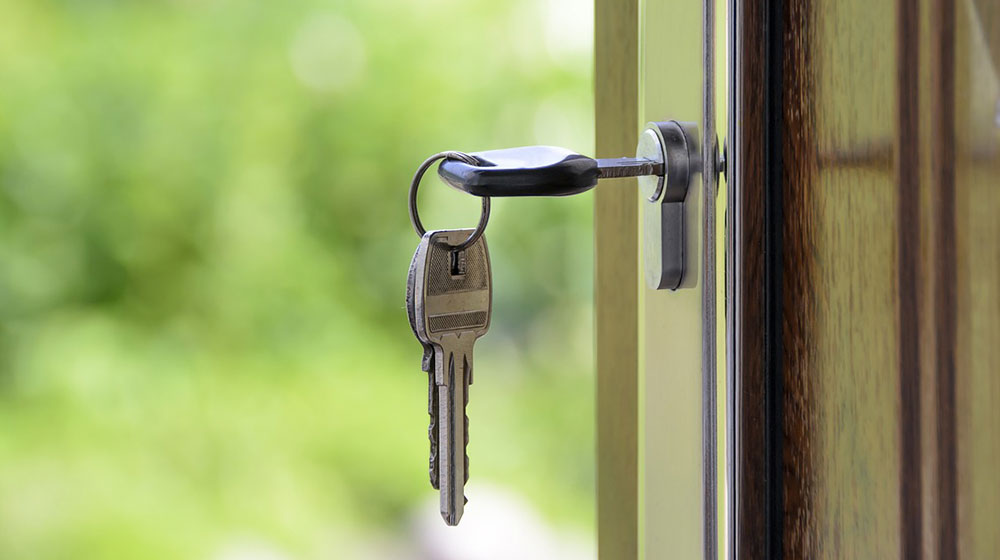Unlock Affordable Housing Solutions

In today’s housing market, finding affordable, stable housing can be a challenge for many individuals and families. The U.S. Department of Housing and Urban Development (HUD) offers a variety of programs designed to help people secure housing, making it more accessible to those with limited income or facing financial hardship. This guide will walk you through the most important HUD programs and how you can take advantage of them.
What is HUD?
The U.S. Department of Housing and Urban Development, or HUD, was established in 1965 to address the nation’s housing needs. HUD offers several programs aimed at making affordable housing more accessible, promoting homeownership, and supporting community development. Whether you’re looking for rental assistance, housing for seniors, or help to buy your first home, HUD provides a range of solutions tailored to different needs.
Key HUD Programs You Should Know
Housing Choice Voucher Program (Section 8) The Housing Choice Voucher Program, commonly known as Section 8, is one of the most well-known HUD programs. It provides subsidies to low-income families, the elderly, and disabled individuals to help cover the cost of private rental housing.
How it works:
Eligible households receive a voucher that pays for a portion of their rent, based on income. The household is responsible for finding suitable housing that accepts the voucher, and HUD pays the remaining portion directly to the landlord.
Public Housing Program HUD’s Public Housing Program offers affordable rental housing in communities managed by local housing authorities. This program is designed for low-income families, seniors, and those with disabilities who may not qualify for other types of housing assistance.
How it works:
Families can apply for public housing units, which are often apartment buildings or complexes. Rent is based on a percentage of the household’s income, ensuring affordability.
HUD Homeownership Assistance HUD’s homeownership programs help low-to-moderate-income families achieve the dream of owning a home. Programs like the Federal Housing Administration (FHA) loans allow first-time buyers to secure mortgages with lower down payments and more lenient credit requirements.
How it works:
FHA loans are insured by HUD, reducing the risk for lenders and allowing them to offer more favorable terms to buyers. You can also explore HUD’s Good Neighbor Next Door program, which offers discounts to teachers, law enforcement, and emergency workers.
Supportive Housing for the Elderly (Section 202) Section 202 is a program designed to assist elderly individuals with very low income in obtaining affordable housing with supportive services. It ensures that seniors can live independently while having access to the assistance they need, such as housekeeping, transportation, and meal services.
How it works:
HUD provides funds to nonprofit organizations that build and manage affordable housing for seniors. Rent is set according to income, making it manageable for seniors on fixed incomes.
Continuum of Care (CoC) Program The CoC Program addresses homelessness by promoting housing stability and long-term solutions for individuals and families at risk of or experiencing homelessness. HUD funds local CoC programs that provide transitional and permanent housing, as well as supportive services such as job training and healthcare.
How it works:
Individuals and families experiencing homelessness can access these services through local housing and shelter providers who receive HUD funding.
How to Apply for HUD Programs
The process for applying to HUD programs depends on the type of assistance you’re seeking, but here are some general steps to follow:
Determine Your Eligibility:
Income limits vary by program and location. Check HUD’s website or contact your local housing authority to see if you qualify for assistance.
Locate Your Local Public Housing Authority (PHA):
Each region has its own PHA that manages local housing programs. They can guide you through the application process, answer questions, and provide additional resources.
Prepare Documentation:
Be ready to submit documentation of income, employment status, and family size, among other things, when you apply.
Apply and Wait:
Some HUD programs, like Section 8, often have long waiting lists. Be prepared for a wait, but continue to check with your PHA about the status of your application.
Tips for Maximizing Your Chances of Success
Research Early: Waiting lists can be long for HUD programs, so it’s important to apply as soon as possible.
Check for Local Initiatives: Many states and cities offer additional housing programs that complement HUD’s services.
Stay Organized: Keep copies of all documents and correspondence related to your housing application.
HUD’s housing assistance programs are vital for millions of Americans seeking affordable and stable housing. Whether you need help renting, buying a home, or accessing supportive housing, HUD has options tailored to various financial situations. By understanding your eligibility and exploring the available programs, you can unlock the resources you need to find secure and affordable housing.
For more information or to apply for assistance, visit the official HUD website or contact your local Public Housing Authority.








